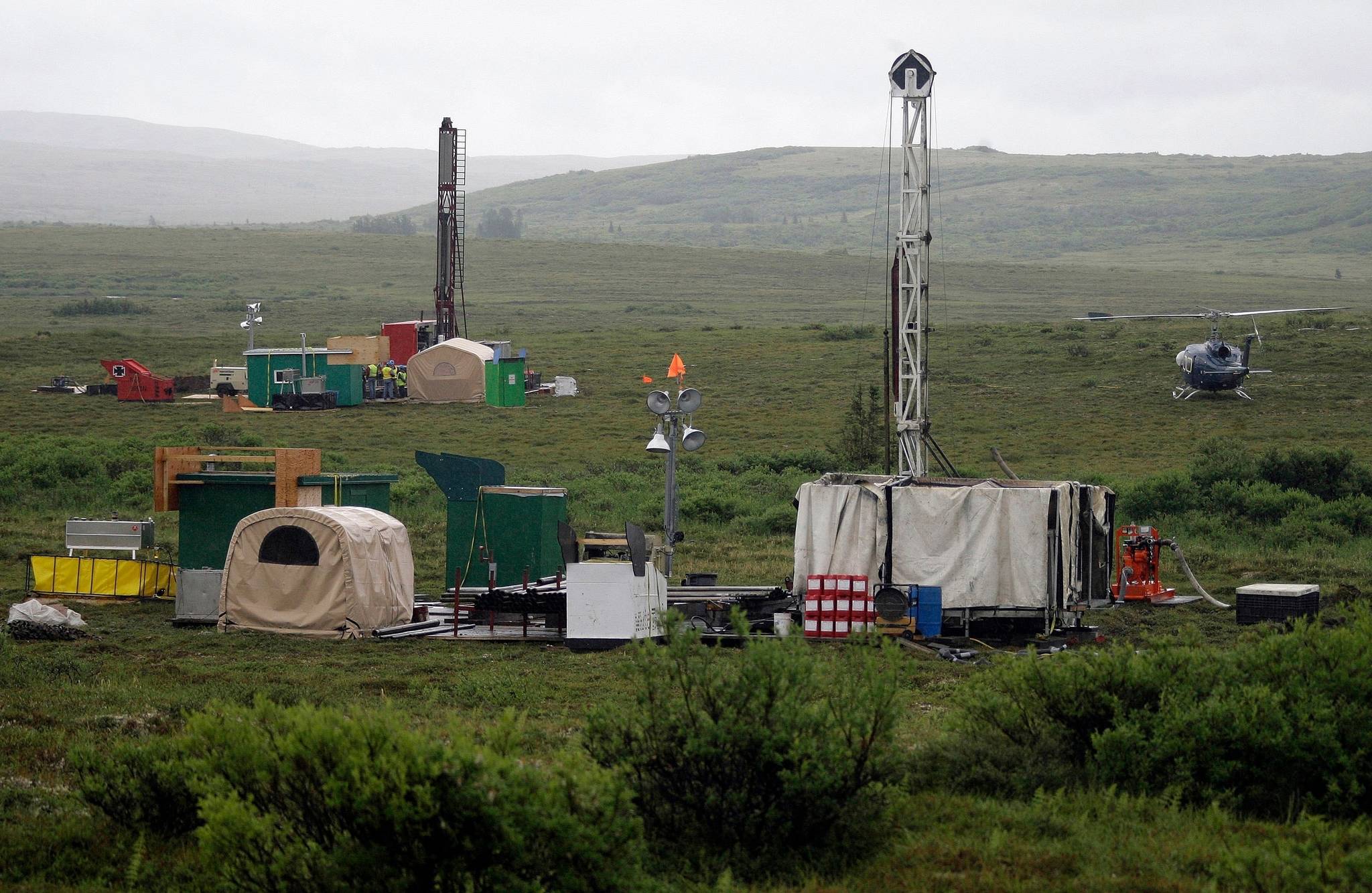By Sarah Davidson
Last month’s Southeast Conference Annual Meeting and recent revelations from the “Pebble Tapes” stated aloud what we all already knew — many of our elected officials do not work for the residents of Alaska, but for the corporate interests of the minerals industry.
Alaska is truly an exceptional place. Those of us who live here understand and appreciate the many extraordinary qualities that set our home apart. The minerals industry, too, has been drawn to our state for its abundant resources and has ensured that Alaska’s exceptionalism extends to their business ventures. Unwavering support from prominent elected officials and low environmental standards make the state an attractive market for outside companies to operate and invest. The minerals industry works hard to guarantee that the barriers to entry are low, regardless of the consequences to human and aquatic life, and advertises this with pride. Alaska is open for business, after all.
While it’s true that Alaska is home to a wide variety of abundant resources, the only resources most of our elected officials have considered protecting are those that can be exploited, exported and quickly liquidated into cash. The vast majority of this cash leaves the state, only to be partially offset by the cash returned to reelection campaigns as payback for support. This is evidenced by the many laws that make it easier for extractive industries to operate, while basic environmental and human health protections continue to be rolled back or stall, making the burden to protect our home greater than the burden to pollute it.
Here’s how our state leaders have made exceptions for the minerals industry at the expense of Alaska residents:
— Gov. Mike Dunleavy designated mining as “essential service”, giving it a state-wide exemption from COVID-19 travel restrictions, despite the additional health risk mine employees traveling from outside the state pose to local communities.
— Our federal delegation continues to support removing the national Roadless Rule protections that are in effect in every other state while misrepresenting the impacts to mineral development. The 1872 General Mining Law guarantees access to mineral claims regardless of a “roadless” designation.
— Our state Legislature has adopted some of the least protective water protections in the nation including basing the criteria for foodborne toxins on a ridiculous estimate that Alaskans only eat 6.5 grams of fish per day (essentially one bite) and allowing cruise ships to dump off our shores and at port — prohibited in most other states.
— Our state agencies and Legislature refuse to implement a system guaranteed under the federal Clean Water Act to protect certain waters essential for communities. Repeatedly the Legislature has tried to push language from the Alaska Miners Association rather than listen to residents most impacted by their decisions.
— Our state removed effective Coastal Zone Management programs that gave residents a voice in developments near their communities and streamlined permitting and planning process for businesses, making Alaska the only costal state in the nation without Coastal Zone Management and essentially walking away from millions of dollars of federal funding and a robust, collaborative, multi-stakeholder decision-making process.
— Alaska is the only state in the nation with the “loser-pays-all” rule, forcing public interest groups representing people and communities to pay their opponent’s attorney fees if they lose. This prevents many groups from litigating on behalf of public health and safety and makes our court system a risky destination reserved only for the people and corporations who can pay.
— Alaska’s executive and commissioners hold unannounced, private meetings with industry representatives but refuse formal consultation with Alaska’s federally recognized Indigenous governments.
What do all these exceptions have in common? They are what the minerals industry wants and pays lobbyists top dollar to secure.
Alaska’s “rigorous” permitting system that the minerals industry speaks of is smoke and mirrors, used only to justify predetermined outcomes. We heard it on the Pebble Tapes and we have seen it in action for years.
In the end, once all the dollars have been squeezed out and the mines have declared bankruptcy and walked away, it will be us, the residents of Alaska, that will be left trying to live and make a living in a degraded land. Alaska, then, will no longer be exceptional.
• Sarah Davidson lives in Juneau and works at the Southeast Alaska Conservation Council, where she manages the Inside Passage waters program. Columns, My Turns and Letters to the Editor represent the view of the author, not the view of the Juneau Empire. Have something to say? Here’s how to submit a letter to the editor or My Turn .

